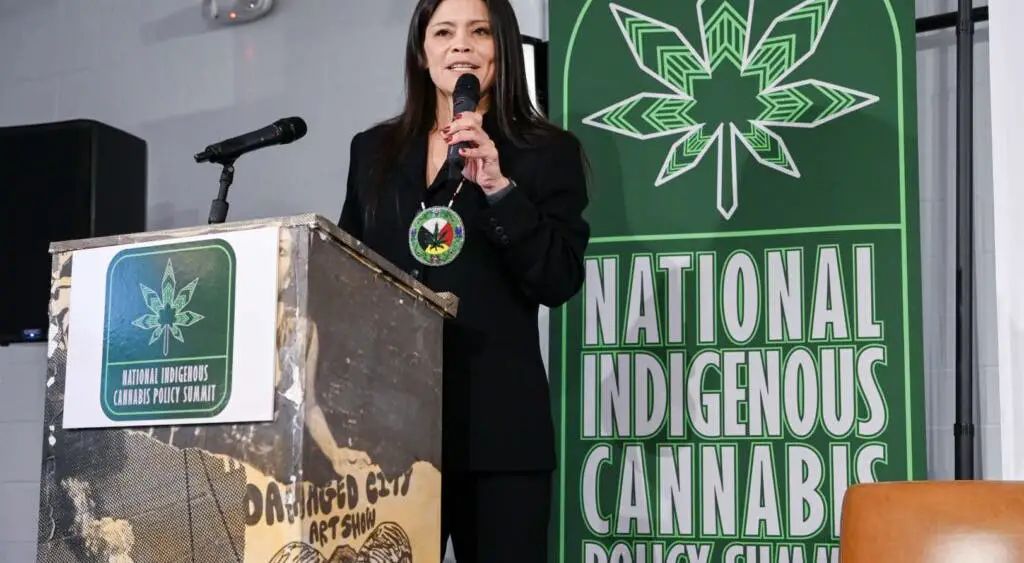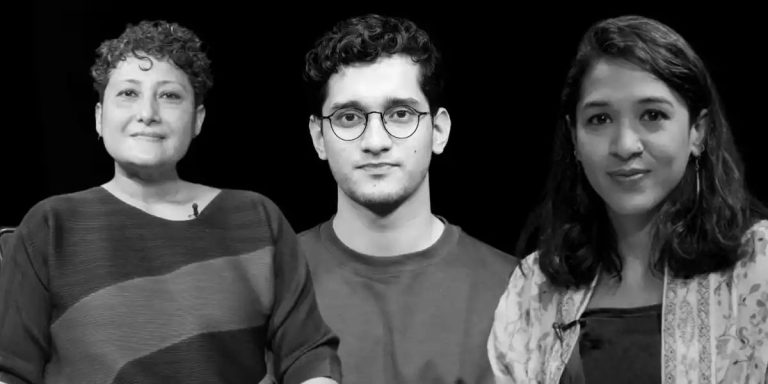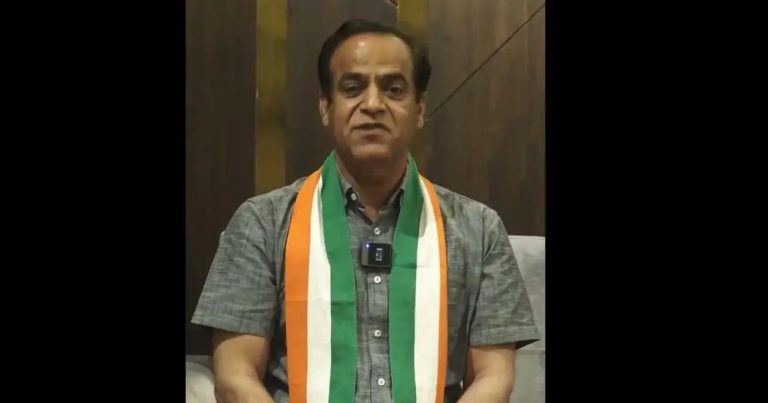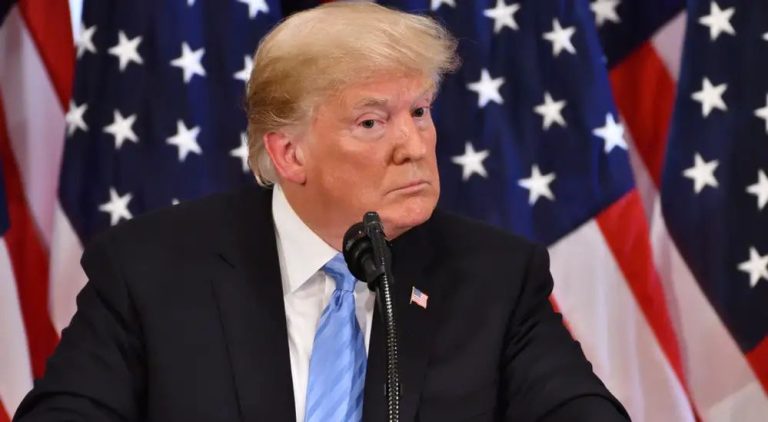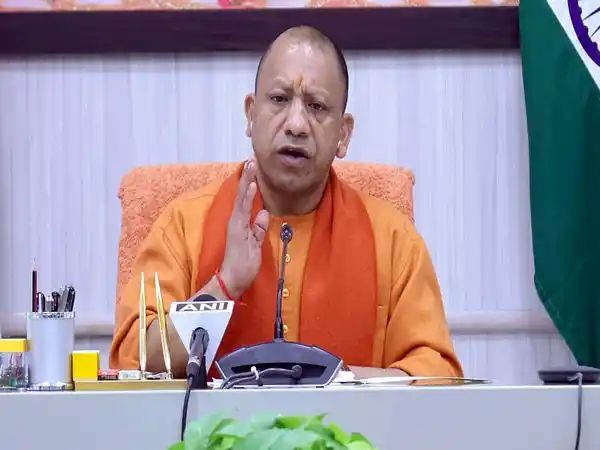International Women’s Day, Native American Leader Reclaims Her Tribe’s Cannabis Legacy
Oatman’s connection to cannabis runs deep. Her people, the Nez Perce tribe, have a 16,000-year history with the plant, using hemp rope in their creation story and incorporating sacred pipes and herbal blends into their practices. Yet, colonization and federal cannabis prohibition have disrupted this relationship.
“We have been displaced from so much of our plant cultures, but this new green revolution is helping to restore these relationships,” said Oatman, who is the executive director of the Indigenous Cannabis Industry Association (ICIA) and founder of the Indigenous CANNabis Coalition (ICANNC).
Oatman, a past president of the Idaho ACLU and founding board member for the JUSTUS Foundation, has also served on the Minority Cannabis Business Association board.
In 2009, Oatman was the youngest member appointed by President Barack Obama to serve on the National Advisory Council on Indian Education, while also serving as the first Director of Indian Education for the state of Idaho.
With more than a decade of advocacy experience in cannabis advocacy, Oatman has dedicated her career to reclaiming Indigenous cultures and restoring traditional economies in hemp and cannabis, having worked for her tribe and other communities to advocate to state and federal agencies to protect tribal sovereignty.
“We have to take Indian Country away from relying on federal appropriations and diversifying our economies while also demanding the trust responsibility is met. We can do this by building brand new economies with industrial hemp and cannabis as medicine,” Oatman told Benzinga in an exclusive interview.
With less than 100 of the 574 federally recognized tribes participating in the cannabis industry, the path forward is complex. Navigating federal illegality on tribal lands adds another layer of difficulty. Yet, the number of tribes involved is growing steadily.
For Oatman, simply participating in cannabis reform isn’t enough. “Not only should we be participating in this reform, we must lead the conversation.”
How? Women At The Forefront And Education
“Our matriarchs are what keep me moving forward. My own grandmother and mother have been instrumental in this work to build THC Magazine, the nation’s first print publication for and about tribal cannabis communities to document this historical time while helping to educate and enlighten each other about the role cannabis and hemp is playing for health, economic and environmental equity,” Oatman said.
“Many of our tribal communities are matriarchal, and the plant medicine movement is helping to restore some of the imbalance that was introduced through modern governance,” she said then moved on to the crucial importance of education.
“Education. It is how we build bridges with non-Indigenous communities and our own tribal communities who are ecstatic about the role ICIA is playing to protect tribal sovereignty and support Indian Self-Determination.”
While societal stigma lingers in some Native American communities due to substance abuse struggles and the categorization of cannabis schedule I drug, Oatman remains resolute.
“We must continue to reclaim our own stories and destinies with cannabis and other plant medicines,” she said.
By reclaiming their connection to this sacred plant, Mary Jane (her real name) Oatman and others are paving the way for a more equitable and sustainable future for Native American communities in the cannabis industry.
